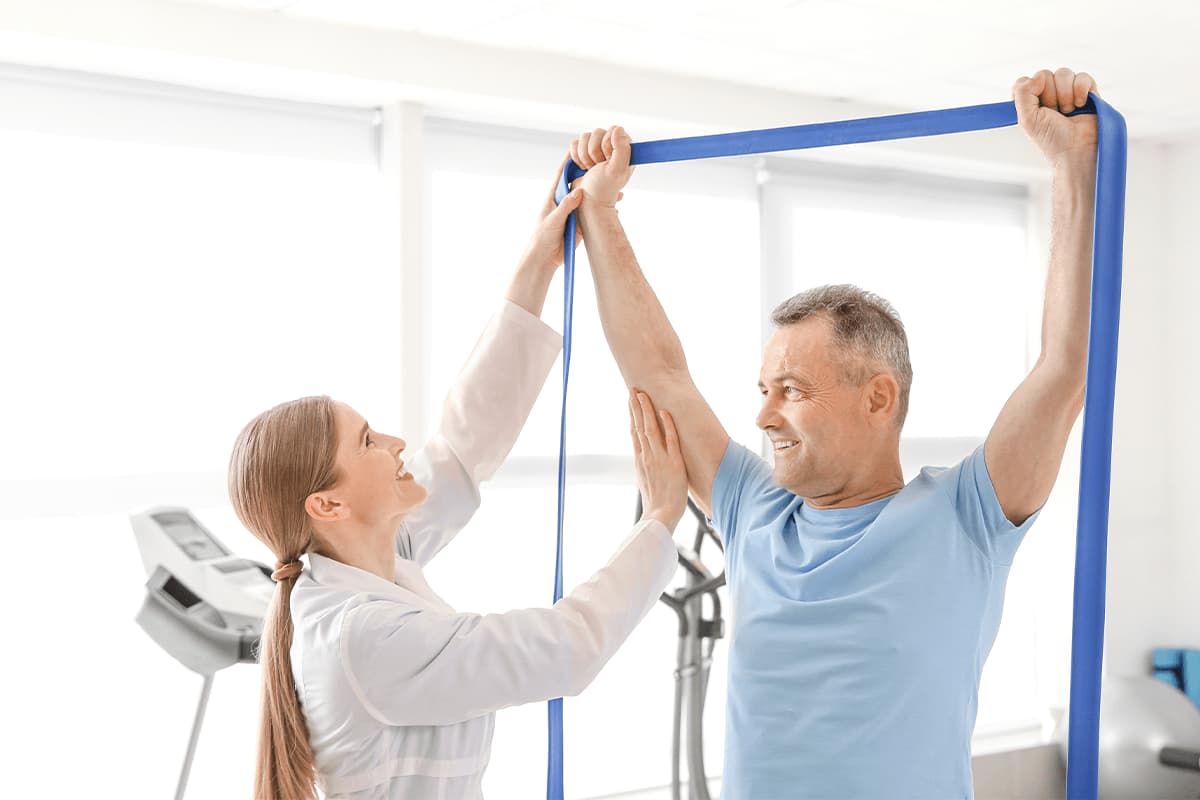Exploring these Revolutionary Pros for Rehabilitative Treatment in Enhanced Flexibility and Discomfort Management
Wiki Article
Physiological rehabilitation is a medical profession which focuses on helping individuals improve their mobility and manage discomfort. It includes a range of techniques and activities designed to reestablish movement and capability in the body. Many individuals pursue physical therapy after an accident, operation, or due to long-term issues that affect their ability to navigate freely. The life-changing advantages of physical therapy can result to significant improvements in a individual's quality of living, rendering it an essential part of recovery and restoration.

One of the main benefits of physical therapy is enhanced mobility. Physical therapists assess each patient's unique circumstance and develop customized treatment programs that target particular needs. These plans often include exercises that strengthen muscles, improve flexibility, and increase scope of movement. By participating in these focused tasks, patients can regain their capacity to perform daily activities, including ambulating, climbing stairs, or even participating in sports. Enhanced mobility not only assists people feel more independent but also boosts their confidence and general health.
Discomfort relief is another major benefit of physical therapy. Numerous individuals suffer from chronic discomfort issues, including arthritis or back pain, that can restrict their functionality and affect their emotional health. Physical therapists employ various methods, such as manual therapy, modalities like heat and cold, and rehabilitative workouts, to help alleviate pain. By addressing the root origins of pain, physical therapy can provide sustained relief without the necessity for drugs. This method is especially advantageous for those who how to choose a physical therapist wish to avoid the adverse effects linked with pain medications.
In addition to physical advantages, physical therapy also encourages mental and emotional well-being. Engaging in consistent physical exercise can trigger endorphins, which are innate emotional lifters. Patients often indicate feeling more optimistic and motivated as they progress through their therapy appointments. Additionally, the supportive atmosphere created by physical therapists cultivates a feeling of belonging and support. This psychological support can be crucial for individuals who may feel alone due to their bodily limitations.
Finally, physical therapy holds a vital role in preventing subsequent injuries. By teaching clients about proper body movements and secure movement patterns, physical therapists assist individuals understand how to safeguard themselves during daily activities. This understanding is especially important for sportspeople and those who engage in physically demanding challenging jobs. By including injury avoidance strategies into their treatment plans, physical therapists empower patients to sustain their health and mobility for an extended period to follow. Overall, the life-altering advantages of physical therapy extend beyond short-term recovery, offering sustained advantages for mobility, pain relief, and general well-being.